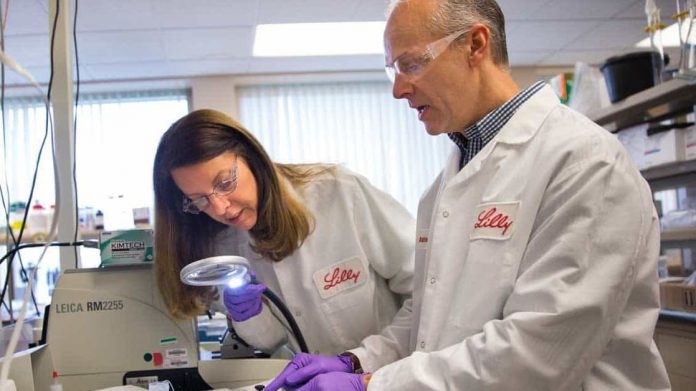U.S. pharmaceutical company Lilly announced the launch of the Lilly Institute for Genetic Medicine and an investment of approximately $700 million to establish a state-of-the-art facility at a new site in the Boston Seaport.
This investment – part of the company’s strategy to advance RNA based therapeutics – builds on the 2020 acquisition and rapid expansion of Prevail Therapeutics, a gene therapy pioneer based in New York City. Working together, researchers in both Boston and New York will leverage promising RNA and DNA-based technologies to develop therapies with the potential to treat or prevent diseases in a manner that is challenging or not possible with traditional medicines.
Andrew C. Adams, vice president of genetic medicine at Lilly and co-director of the Institute, said:
Establishing the Lilly Institute for Genetic Medicine will allow us to pair cutting-edge technologies with our deep biological expertise in several areas including neuroscience and diabetes. Lilly will focus on medicines acting at the nucleic acid level to advance an entirely new class that target the root cause of diseases, an approach that is fundamentally different than medicines available today.
Through the work of the Institute, Lilly intends to fuel the development of genetic medicines, which already account for more than 20 percent of Lilly’s diabetes, immunology, and central nervous system research portfolio. Within 5 years, Lilly projects the Boston site will grow from 120 to more than 250 research biologists, chemists, data scientists and other experts in genetic medicine, while the New York site will grow to include up to 200 scientists – all employed by Lilly.
Franz Hefti, CEO of Prevail Therapeutics at Lilly and co-director of the Institute, said:
The Institute will enhance our efforts on neurodegenerative diseases and integrate Lilly’s genetic medicine research and platforms with the goal of advancing promising and potentially life-altering new medicines from the lab to clinical studies and ultimately to patients. We look forward to working with hundreds of scientists and researchers who share a common goal—to create and develop innovative genetic medicines that make life better for people around the world.
The Institute will be headquartered in the rapidly expanding Seaport district of Boston. Occupancy of the new site is scheduled for 2024.

